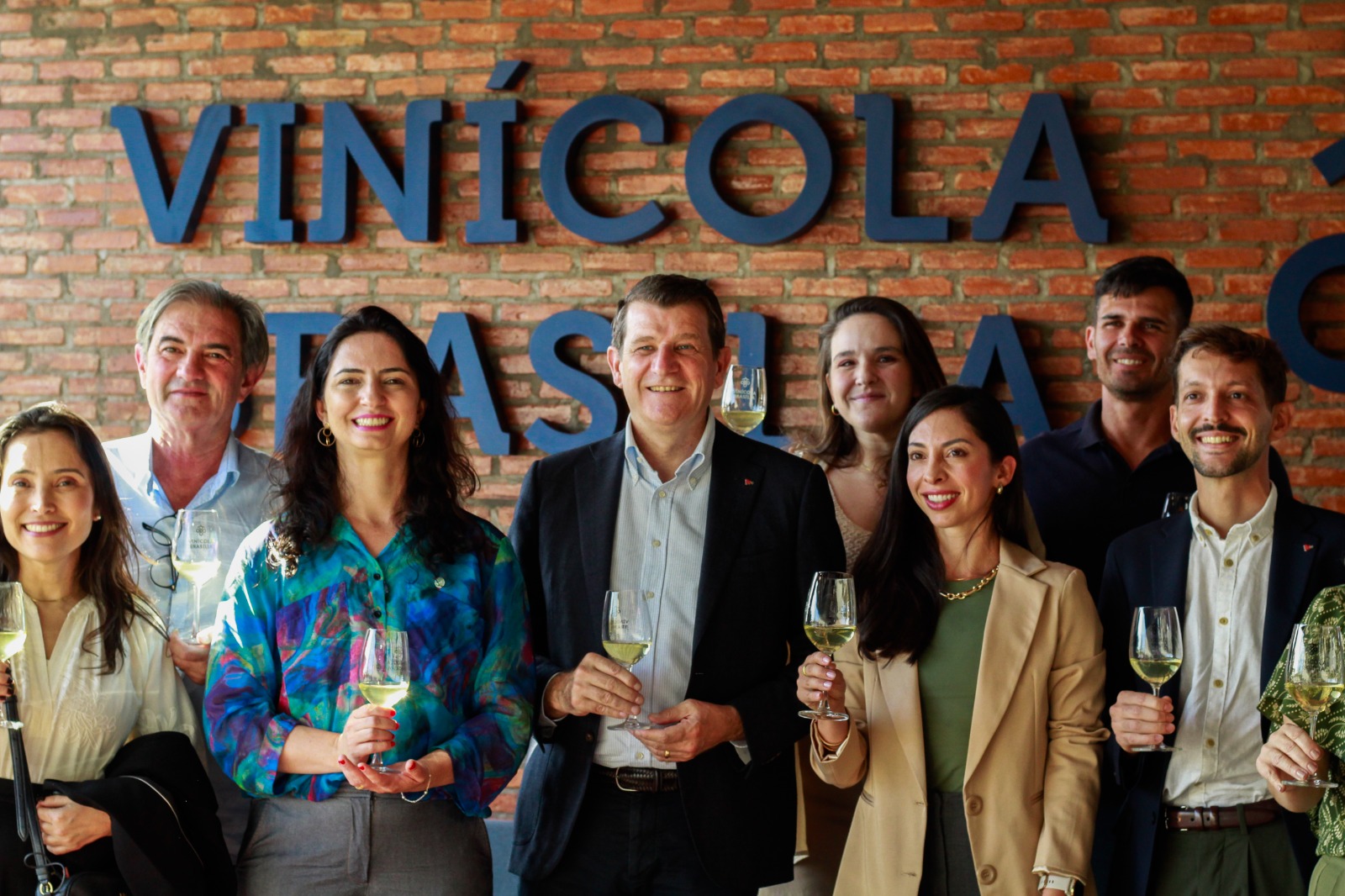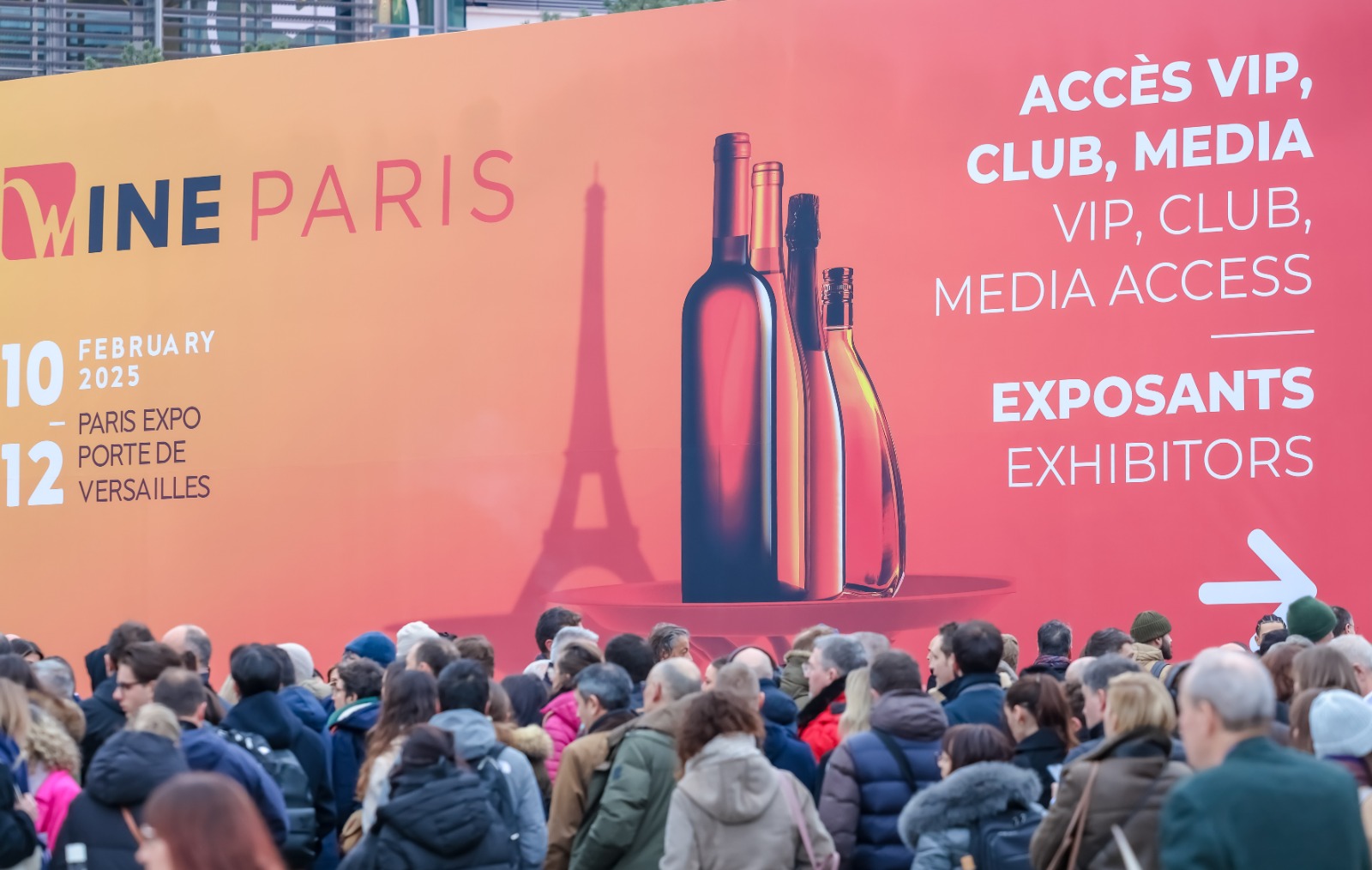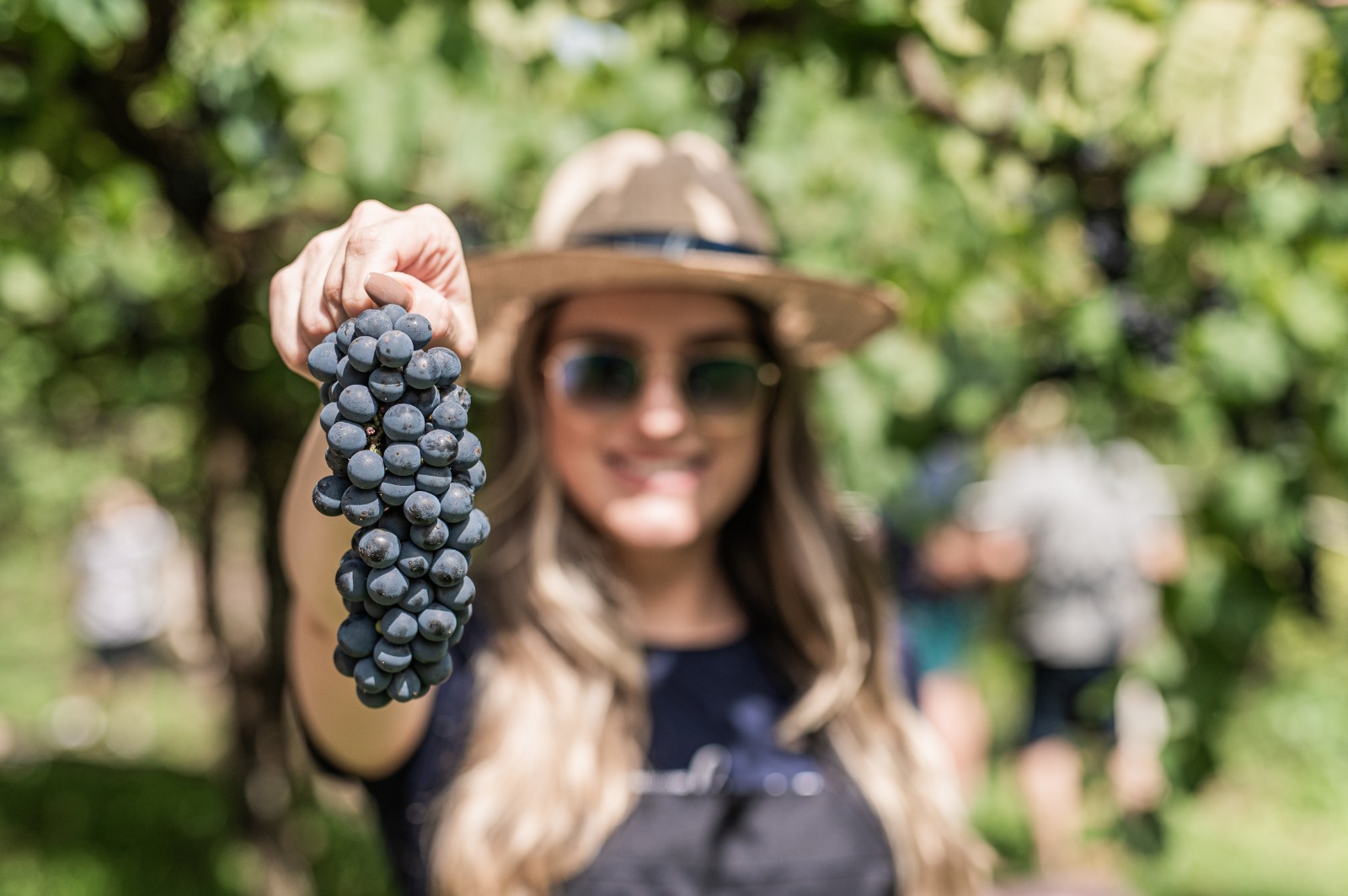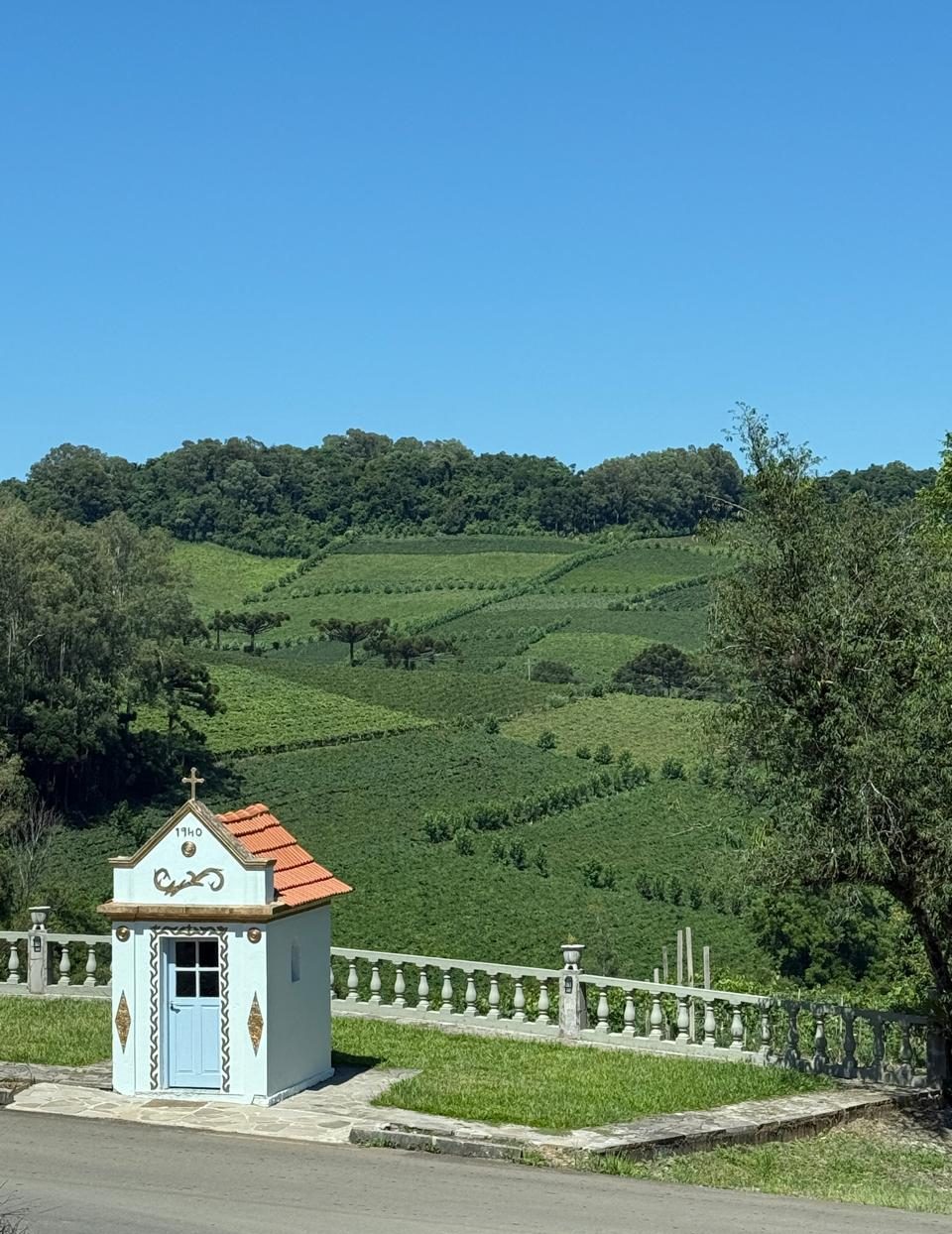(read english below)
“Estou realmente impressionado com o Brasil”, a entusiasmada afirmação de John Barker durante sua visita no final de uma extensa viagem pela América do Sul vitivinícola, comprova a importância do nosso país no cenário mundial do vinho. “O Brasil tem uma contribuição muito importante para a OIV com o desenvolvimento de estudos e pesquisas científicas, seja por meio de orgãos governamentais ou especialistas do setor”, complementa o diretor geral da Organização Internacional da Vinha e do Vinho.
O Brasil, única nação no mundo a trabalhar com três tipos de vitivinicultura – a Tradicional, com cultivo de verão, forte no Sul; a Dupla Poda, ou Vinhos de Inverno, sistema que vem ganhando força na última década e transformando diversas regiões do Brasil, do Sudeste ao Nordeste, e a Tropical, concentrada principalmente no Vale do Rio São Francisco, onde são realizadas pelo menos duas safras ao ano – já foi sede do Congresso Mundial da OIV em 2016, teve a catarinense Regina Vanderlinde como presidente entre os anos de 2018 a 2021 e atualmente tem uma presença muito representativa no board com Fernanda Spinelli, atuando como presidente da subcomissão de métodos de análise e Alinne Barcellos, no comando do grupo de especialistas em segurança alimentar.
Inovação, cooperação e novidade foram algumas das palavras repetidas diversas vezes por Barker nos três dias que esteve por aqui cumprindo uma agenda intensa que envolveu visitas a vinícolas e produtores, além de compromissos governamentais no Distrito Federal. O diretor geral da OIV chegou ao Brasil depois de passar por Chile, Peru, Argentina e Uruguai.
Aqui começou sua viagem pelo Distrito Federal onde conheceu a vinícola Brasília e a Villa Triacca, antes de se envolver em encontros governamentais. Na rápida passada fez questão de dizer que ficou impressionado com os resultados da Dupla Poda no vinhedo e na taça – sistema de produção que chamou de “revolucionário”. Na Serra Gaúcha, esteve no Vale dos Vinhedos, onde visitou as vinícolas Casa Valduga, Tecnovin, Maison Forestier, Salton e Garibaldi. Na pauta dos encontros, além da atualização sobre a produção de vinhos finos no Brasil, grande destaque para suco de uva e o trabalho desenvolvido pela Embrapa com variedades resistentes. “O suco de uva é outro importante produto no setor,” afirma Barker, “e o Brasil desenvolve produtos muito inovadores, de alta qualidade e alto valor nutricional”, pontua.
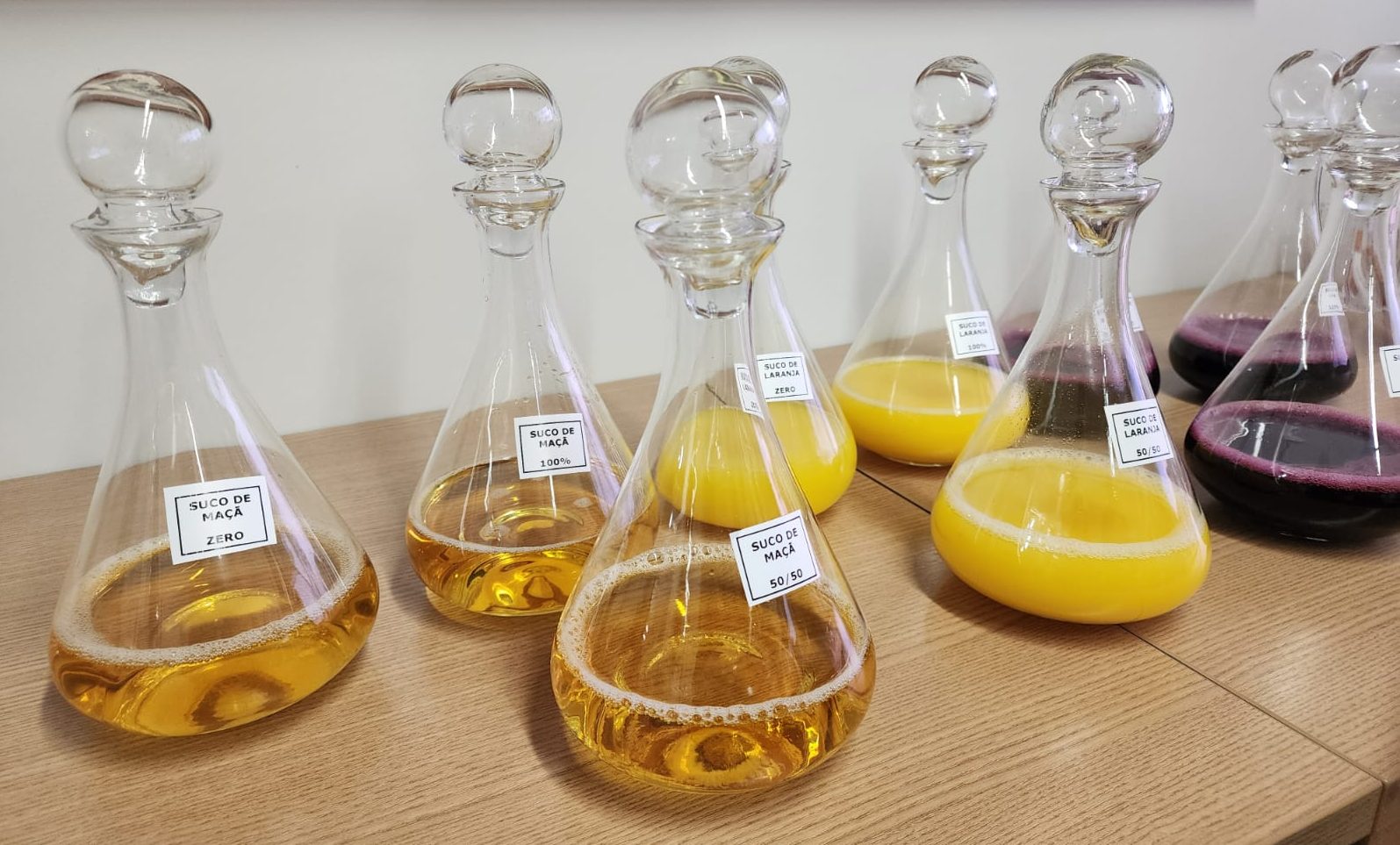
Entre vários compromissos em Bento Gonçalves, acompanhado de uma comitiva com integrantes do Ministério da Agricultura, Câmara Setorial da Uva e do Vinho e representantes brasileiros na OVI, Barker visitou as instalações da Tecnovin, a maior concentradora de uvas para suco da América Latina. Conheceu a produção, degustou sucos produzidos a partir de diferentes métodos e provou em primeira mão um lançamento que em breve deverá estar no mercado (foto acima).
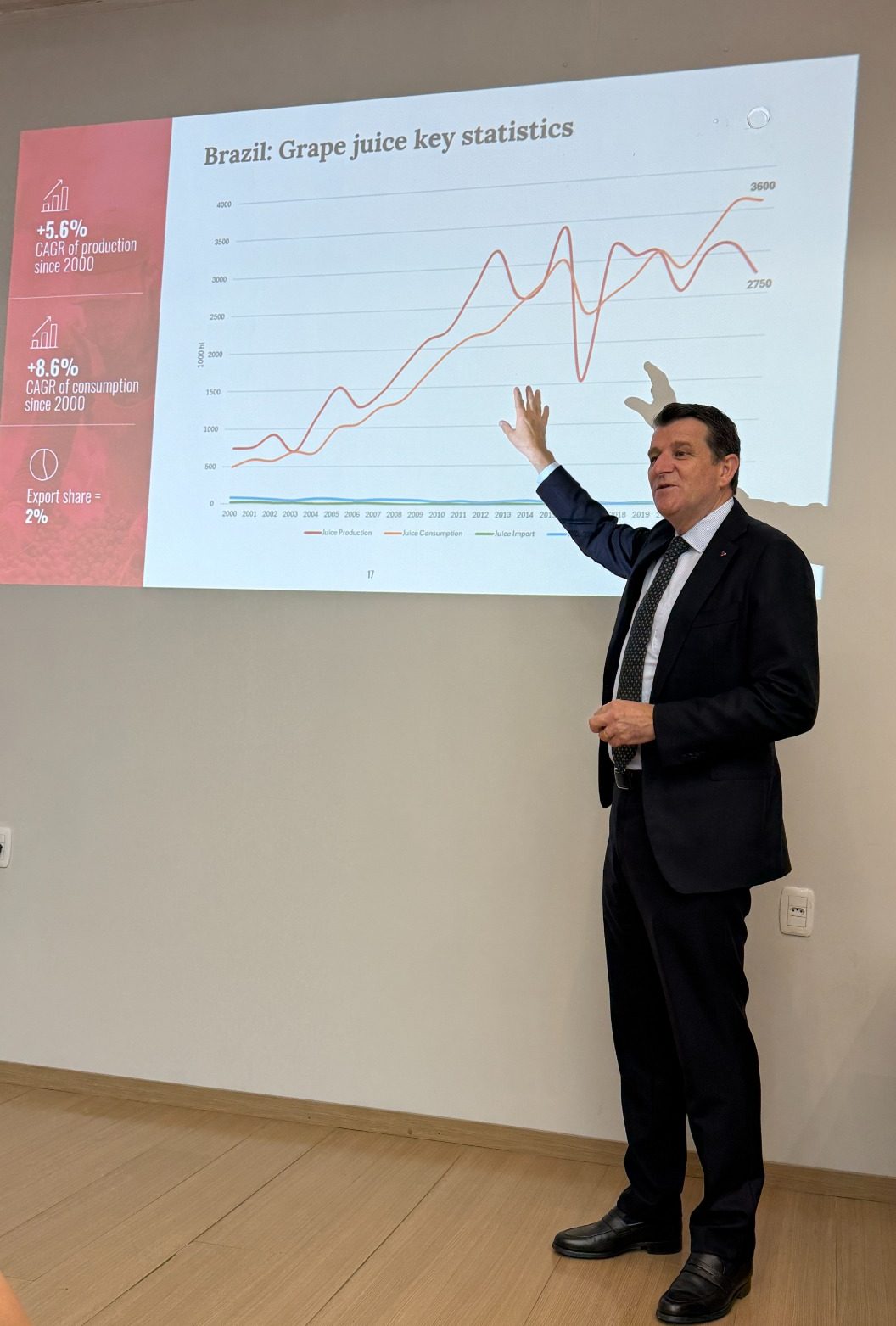
“O Brasil tem um papel importante a desempenhar na cooperação global e pode se estabelecer como um grande e inovador país produtor de vinho”, afirma Barker, ” além disso tem uma diversidade natural de zonas de produção, longa tradição de cultivo da videira e capacidade de inovação”. Barker afirma ainda que os intercâmbios técnicos e científicos entre o Brasil e os demais países membros da OIV são essenciais e devem ser mais fortalecidos, principalmente quando falamos sobre o cultivo de uvas de mesa ou o desenvolvimento de novas variedades – temas nos quais segundo ele o Brasil tem feito um trabalho exemplar – além do vinho e do espumante.
Fotos: Brasil de Vinhos | Lucia Porto, Fernanda Spinelli e Heloísa Bertoli
Innovation, collaboration and expansion are highlights in Brazilian viticulture, says OIV director general on visit to Brazil
“I am really impressed with Brazil”, John Barker’s enthusiastic statement during his visit at the end of an extensive tour of South America in wine, proves the importance of our country on the world wine scene. “Brazil has a very important contribution to the OIV with the development of scientific studies and research, whether through government agencies or experts in the sector”, adds the director general of the International Organization of Vine and Wine.
Brazil, the only nation in the world to work with three types of viticulture – Traditional, with summer cultivation, strong in the South; the Double Pruning, or Winter Wines, a system that has been gaining strength in the last decade and transforming several regions of Brazil, from the Southeast to the Northeast, and the Tropical, concentrated mainly in the São Francisco River Valley, where at least two harvests are carried out a year – it has already hosted the OIV World Congress in 2016, had the Santa Catarina native Regina Vanderlinde as president between the years 2018 and 2021 and currently has a very important presence in the represented on the board with Fernanda Spinelli, acting as chair of the analysis methods subcommittee and Alinne Barcellos, in charge of the group of experts in food safety.
Innovation, cooperation and novelty were some of the words repeated several times by Barker in the three days he was here fulfilling an intense agenda that involved visits to wineries and producers, as well as government commitments in the Federal District. The OIV director general arrived in Brazil after passing through Chile, Peru, Argentina and Uruguay.
Here he began his trip through the Federal District where he visited the Brasília winery and Villa Triacca, before getting involved in government meetings. In the quick pass, he made a point of saying that he was impressed with the results of the Double Pruning in the vineyard and in the cup – a production system that he called “revolutionary”. In Serra Gaúcha, he was in Vale dos Vinhedos, where he visited the Casa Valduga, Tecnovin, Maison Forestier, Salton and Garibaldi wineries. On the agenda of the meetings, in addition to the update on the production of fine wines in Brazil, great emphasis on grape juice and the work developed by Embrapa with resistant varieties. “Grape juice is another important product in the sector,” says Barker, “and Brazil develops very innovative, high-quality products with high nutritional value,” he points out.
Among several appointments in Bento Gonçalves, accompanied by a delegation with members of the Ministry of Agriculture, the Grape and Wine Sectorial Chamber and Brazilian representatives at OVI, Barker visited the facilities of Tecnovin, the largest concentration of grapes for juice in Latin America. He got to know the production, tasted juices produced from different methods and tasted first-hand a launch that should soon be on the market (photo above).
“Brazil has an important role to play in global cooperation and can establish itself as a great and innovative wine-producing country,” says Barker, “in addition to having a natural diversity of production zones, a long tradition of vine cultivation and a capacity for innovation.” Barker also states that technical and scientific exchanges between Brazil and the other member countries of the OIV are essential and should be further strengthened, especially when we talk about the cultivation of table grapes or the development of new varieties – topics in which according to him Brazil has done an exemplary job – in addition to wine and sparkling wine.
Para sugestões de matérias escreve para [email protected].
As matérias publicadas em nosso site podem ser reproduzidas parcialmente, desde que constando o crédito para Brasil de Vinhos e publicando junto o link original da reportagem.
Para nos prestigiar e manter o Brasil de Vinhos atuando, assina nosso conteúdo exclusivo no feed do instagram.
Para anunciar, escreve para [email protected] e fala conosco.

